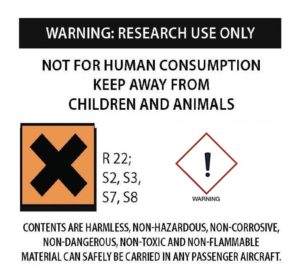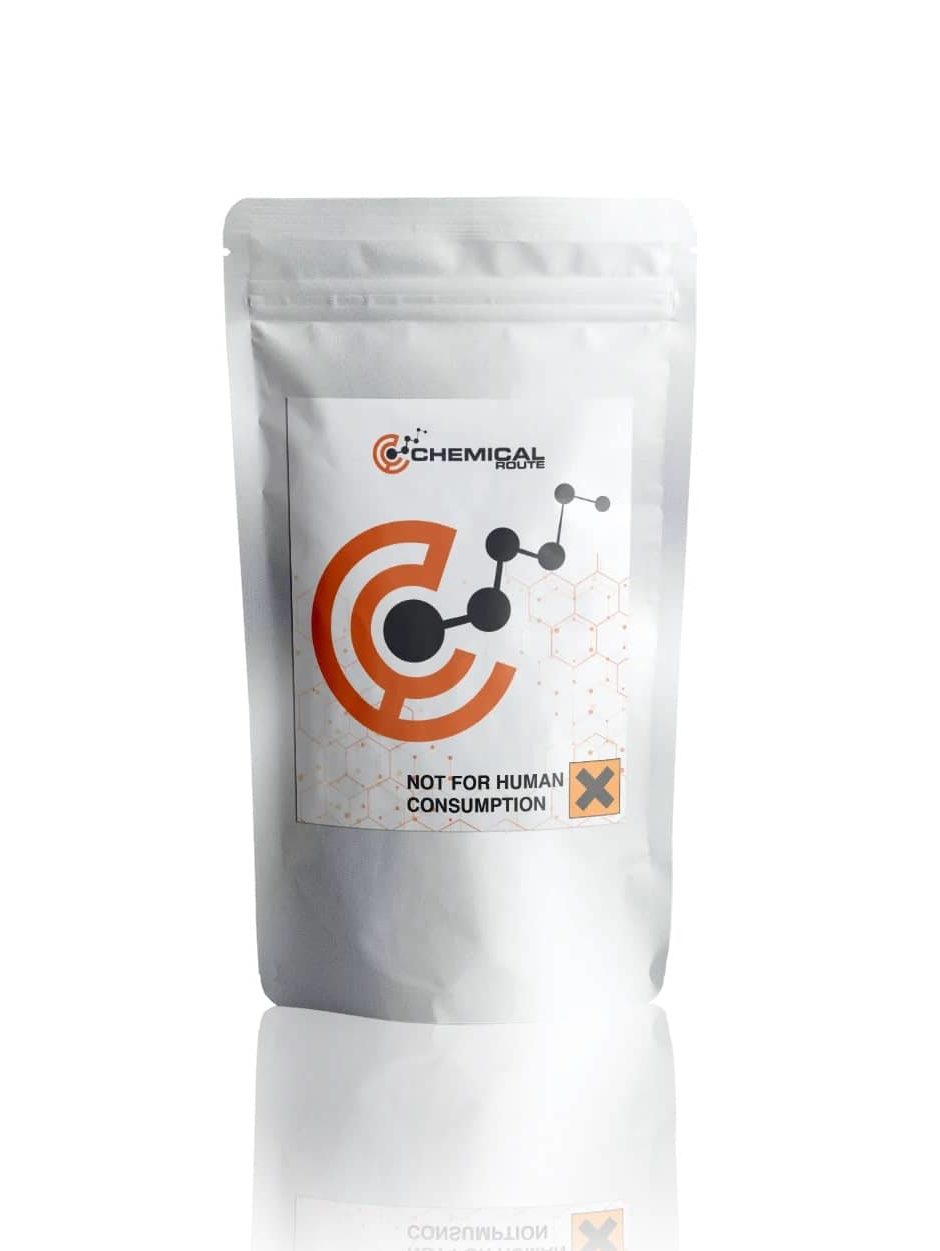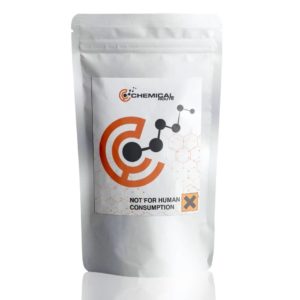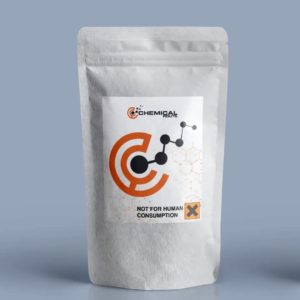Description
bk-
Product information
IUPAC-name 2-Amino-1-(4-bromo-2,5-dimethoxyphenyl)ethan-1-one
Synonyms βk-2C-B, bk-2C-B, beta-keto 2C-B, bk 2C B,
Formal name 2-Amino-1-(4-bromo-2,5-dimethoxyphenyl)ethan-1-one
Cas number 2303508-66-7
Formula C10H12BrNO3 • HCl
Formula Weight 310.6
Purity 99.0 % min.
Formulations A neat solid, Powder
Solubility
- DMSO: 2.5 mg/ml
- DMSO:PBS (pH 7.2) (1:1): 0.5 mg/ml
βk-2C-B, bk-2C-B, beta-keto 2C-B, bk 2C B, bk-
bK-2C-B is a new type of psychedelic substance that’s structurally similar to the 2C family’s 2C-B. It’s commonly used as a recreational drug. Canada, Switzerland, and the UK are some of the countries where it’s controlled.
The effects of bK-2C-B are similar to those of 2C-B, with notable improvements such as time distortion and euphoria. However, its duration is longer.
It’s relatively uncommon for bk-2C-B to be used by humans. It was only distributed as a research chemical by online vendors in 2014.
There is currently not enough data on the various properties of bk-2C-B to provide users with an accurate understanding of its effects. As a result, they should only use this substance if they are following proper safety precautions.
More About bk-2C-B
bK-2C-b is a type of designer drug that’s similar to the substance 2C-B, which was first synthesized in Alexander Shulgin’s lab. It was first marketed as a recreational drug in 2013.
In the years that followed, various analytical papers about the substance appeared. It was then referred to as a psychedelic drug. On October 12, 2016, bK-2C-B became a Schedule III substance in Canada, making it illegal in the country. It’s also illegal in the UK, Switzerland, and Germany.
Although the exact details of the bk-2C-B synthesis are not available on the public record, scientific studies and internet forums suggest that it was not made by Alexander Shulgin during the 1970s.
The first reliable mention of bk-2C-B was in 2004, although it was only briefly mentioned in a scientific study. In December 2007, a user named King Kong posted a thread about the substance on the bluelight.org forum. Despite the brief discussion about its possible instability, only around 20 posts were made about the substance in the next six years.
After it was spotted in the research chemical market in 2013, the first reports about bk-2C-B started to appear on the internet. These reports were then labeled as a legal alternative to 2C-B.
Even among the various research chemicals, bk-2C-B is considered to be relatively obscure. According to a study conducted by Google between 2013 and 2017, the number of times that 2C-B was searched on the search engine was significantly higher than that of bk-2C-B.
Chemistry
bk-2C-B is a phenethylamine that is characterized by a phenyl ring bound to an NH2 group using an ethyl chain. It is a member of the 2C family of compounds and belongs to the group of compounds that have methoxy groups. It is produced by replacing the ethyl chain with a ketone group. The methoxy groups CH3O and bromine are attached to the carbons R2 and R5 of the phenyl ring.
This substance features bromine and methoxy substituents at the R2, R5, and R4 regions respectively. A ketone group is present in the beta position, which gives rise to its name, which means it is a structurally similar analogue of the 2C-B acid. Because of this, it is referred to as a substituted catechinone.
Pharmacology
Phenethylamines are commonly used for treating schizophrenia and other mental disorders. One of the most common ways to treat bk-2C-B is by oral administration. However, other methods of entry such as insufflation are not recommended for users due to how it can irritate the mucous membrane of the nasal cavity.
Due to the nature of the phenethylamine, a partial dimerization of the drug will occur in the nasal passages. There have been several reports of users experiencing severe pain and the excretion of purple-colored mucus after insufflation. This method of administration may be less effective as it may lead to a lower level of drug absorption.
The toxicological and physiological properties of this compound has not been analyzed. Usage of this Chemical should be for research and forensic purposes only.
WARNING This product is not for human or veterinary use.

This product is only available to persons of 21 years old and above.
Hazard statement(s)
| H302 | Harmful if swallowed |
| H315 | Causes skin irritation |
| H319 | Causes serious eye irritation |
| H332 | Harmful if inhaled |
| H335 | cause respiratory irritation |
| H336 | cause drowsiness or dizziness |
| Precautionary statement(s) | |
| P264 | Wash hands thoroughly after handling |
| P280 | protective gloves/protective clothing/eye protection/face protection |
| P305 + P351 + P338 | IF IN EYES: Rinse cautiously with for several minutes. Remove contact lenses, if present and easy to do. Continue rinsing. |
| P337 + P313 | If eye irritation persists: Get medical advice/attention |
| P261 | Avoid breathing dust/ fume/ gas/ mist/ vapors/ spray |
| P271 | Use only outdoors or in a well-ventilated area |
| P304 + P340 | IF INHALED: Remove victim to fresh air and keep at rest in a position comfortable for breathing |
| P312 | Call a POISON CENTER or doctor/physician if you feel unwell |
| P403 + P233 | Store in a well-ventilated place. Keep container tightly closed |
| P405 | Store locked up |
| P501 | Dispose of contents/container to a licensed disposal company |




Reviews
There are no reviews yet.